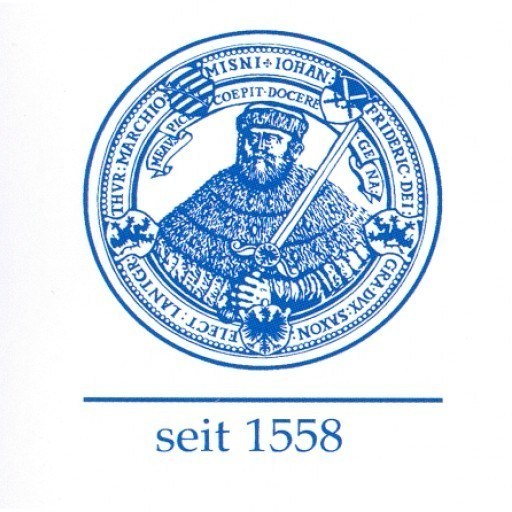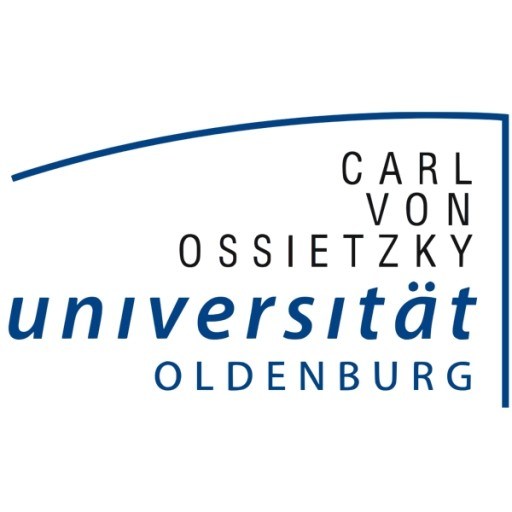Photos of university / #tu.muenchen
The MSc in Mathematics in Bioscience at the Technical University of Munich offers a comprehensive interdisciplinary education designed to equip students with advanced mathematical skills applied to biological and biomedical research. This program combines rigorous mathematical methodologies with biological sciences, enabling students to analyze complex biological systems, develop computational models, and contribute to innovative solutions in health, medicine, and biotechnology. The curriculum encompasses core mathematical disciplines such as analysis, algebra, and probability theory, alongside specialized courses focusing on systems biology, bioinformatics, mathematical modeling, and data analysis in biological contexts. Emphasizing practical experience, students engage in project work, laboratory exercises, and collaborative research projects, often partnering with leading research institutions and industry partners. The program aims to foster analytical thinking, problem-solving competence, and technical proficiency, preparing graduates for careers in academia, research institutes, biotech companies, and pharmaceutical industries. Students benefit from state-of-the-art facilities, expert faculty with diverse specializations, and a vibrant international academic community. Interdisciplinary teamwork is a cornerstone of the program, encouraging students to work across disciplines and address real-world biological challenges using mathematical tools. Graduates of this master's program acquire the ability to develop and implement mathematical models, analyze large biological data sets, and contribute innovative insights into complex biological questions. Overall, the MSc in Mathematics in Bioscience provides a solid foundation for those aspiring to advance their careers in bioscience research, data science, or related fields, fostering the next generation of scientists capable of pushing the boundaries of knowledge at the intersection of mathematics and biology.
Educational organisation
The duration of the programme is four semesters. The first two semesters are dedicated to the fundamentals and basic techniques: modelling, analysis, stochastics, statistics, and numerical tools.The third semester deepens the fields of interest depending on students' orientation. Examples include non-linear dynamics, stochastic processes, signal processing, and image analysis.
Between the third and the fourth semesters, an internship is required.
The last semester is dedicated to the Master's thesis.
Study abroad unit(s)
Participants may voluntarily spend one or two semesters of study abroad.Internships
An internship of four weeks is to be completed, usually during the summer break between the second and third semesters. Programme advisers will assist students in finding an appropriate internship.Forms of assessment
Oral and written examinationsCourse objectives
The aims of this programme are:- training in interdisciplinary scientific work, especially, with respect to life sciences
- training in teamwork and collaboration in interdisciplinary groups
- a good knowledge of the basics in analysis, statistics, stochastics, optimisation, and biology
- a deep knowledge of dynamics, biostatistics and simulation techniques, and one field of the life sciences
- the ability to familiarise oneself quickly with new problems
Language requirements
If neither English nor German is your first language and you have not completed your education officially in one of these languages, you must provide proof of sufficient language skills in English OR German. Please refer to the main university websites to find out which English or German language certificates are acceptable.https://www.tum.de/en/studies/before-your-studies/application-and-acceptance/english-language-skills/
Academic requirements
Applicants must hold a Bachelor's degree in mathematics or an equivalent qualification in a similar field of study.Applicants are qualified if they can show proof of academic achievements that are equivalent to the qualification obtained in the Bachelor's degree programme in mathematics offered by TUM and that meet the requirements of the respective Master's degree programme.
Enrolment fees
Approx. 115 EUR per semester, the fee includes a semester ticket covering public transport in Munich.Costs of living
In order to cover personal expenses while studying in Munich, we recommend a budget of at least 800 EUR per month.Job opportunities
There are various job opportunities as teaching assistants and research assistants at the university.Munich is also a very good place to find internships, e.g. with banks, insurance, software or consulting companies as well as in the research and development departments of large corporations.
Funding opportunities within the university
http://www.tum.de/en/studies/fees-and-financial-aid/scholarships/
Arrival support
TUM's International Center offers a special programme tailored for international students, TUMinternational (TUMi). The TUMi programme provides help and advice for new students as well as a cultural programme with events scheduled both prior to and during the academic periods.The service desk of the Student Service Center is the first contact point for international students. We are here to help you with issues such as applications, enrolment, student cards etc. Furthermore, we offer various three- to six-week summer schools combining academics with a rich menu of educational and social activities as a foretaste of university life. For international students who have been admitted to a degree programme, the Student Service Center offers a four-week pre-study course designed to help you get started at the TUM. Students new to TUM are invited to the service fair "Fit for TUM" which takes place before the semester officially starts, to get an overview of the various offerings of support services at TUM. http://www.tum.de/en/studies/international-students/
Learning German: While the language of instruction for many of TUM's postgraduate programmes is English, learning German and thus being able to participate in daily German life at a deeper level enriches the experience of studying and living in Munich. As such, TUM's Language Centre offers language classes for students at all levels, both prior to and during the semester: http://www.sprachenzentrum.tum.de/en/startseite/
Services and support for international students
In addition to support services offered by TUM International Center and the Student Service Center (SSZ), the faculty also has its own adviser for international students.Accommodation
It is not easy to find a place to live in Munich - but it is not impossible either! TUM supports students and employees in their search for accommodation, providing personal advice, in-house listings and useful information to ensure that you can quickly find a place to call your own: http://www.tum.de/en/university-life/accommodations/With high rents and not enough rooms in halls of residence, the Munich rental market is one of the most competitive in Germany - especially for students. The city boasts over 1.4 million inhabitants, with more people moving to Munich every year - many of them attracted by the excellent study opportunities that Munich has to offer.
Student halls of residence usually offer affordable accommodation for students. The Munich Student Union runs most of these halls of residence - more information at http://www.studentenwerk-muenchen.de/en/accommodation/








